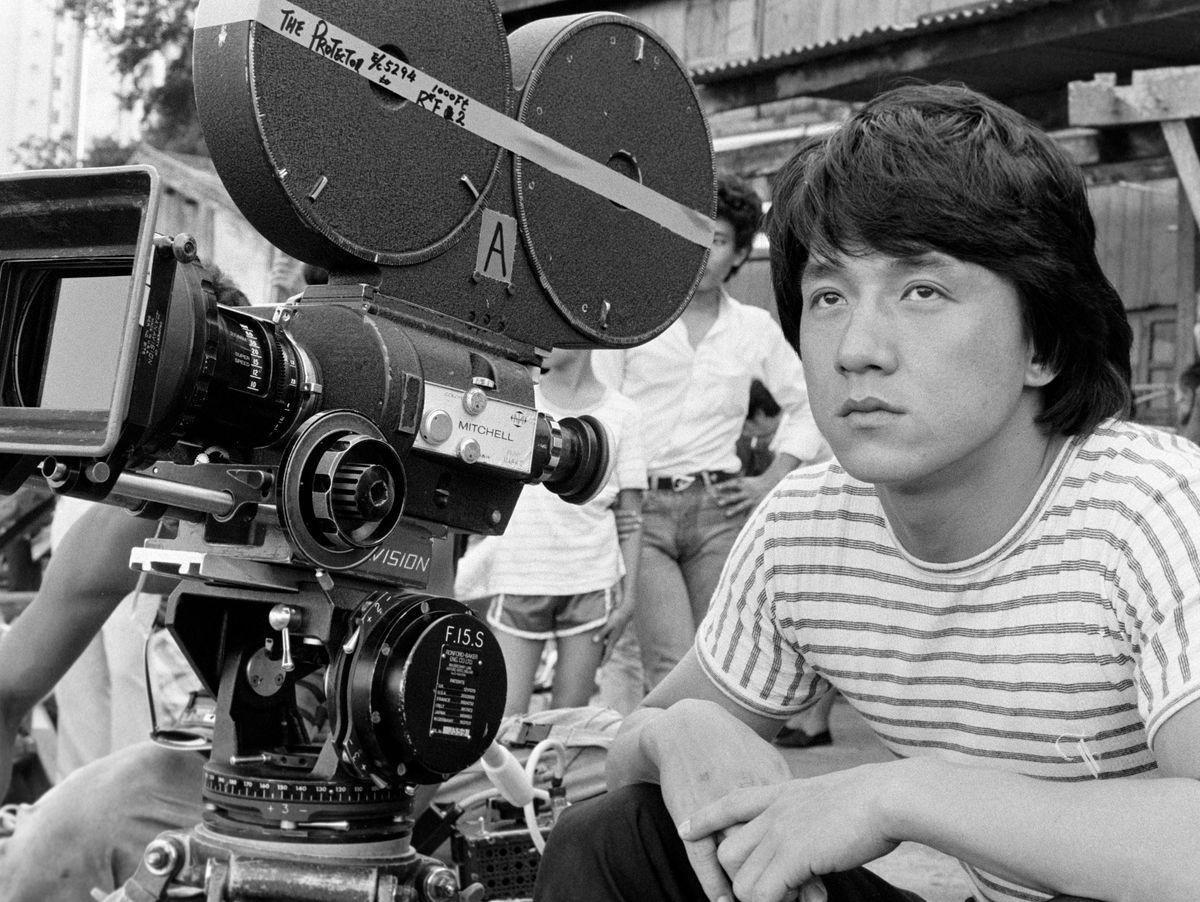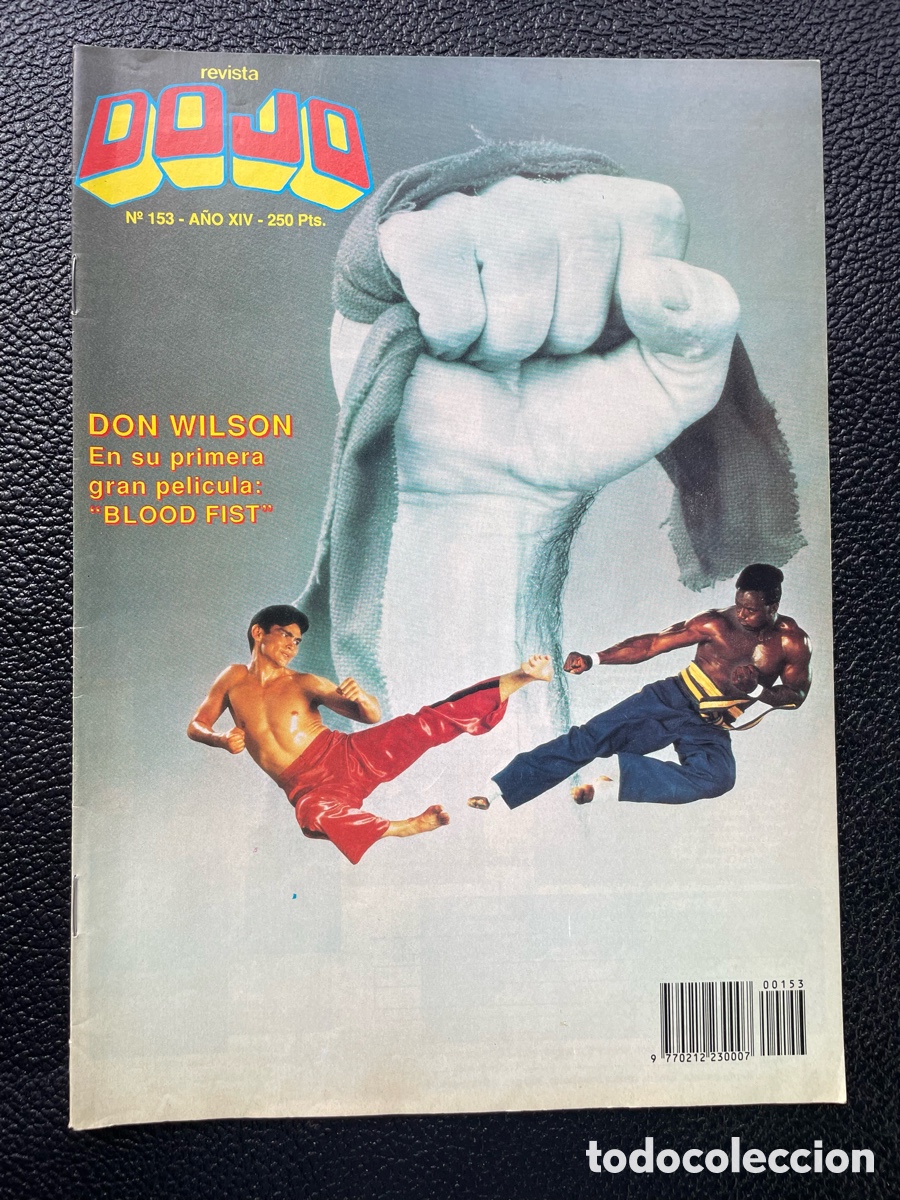
Introduction
Jackie Chan is a name synonymous with martial arts and cinematic innovation. Renowned for his unique blend of action and comedy, Chan has made a significant impact on the film industry, not just in Hong Kong but worldwide. His style, characterised by breathtaking stunts and engaging choreography, has inspired countless actors and filmmakers. With over five decades in the industry, the significance of Jackie Chan extends beyond entertainment as he has become an influential cultural icon.
Early Life and Career
Born on April 7, 1954, in Hong Kong, Chan was introduced to martial arts at a young age through his training at the China Drama Academy, where he honed his skills in acrobatics and fighting. His first break came in the 1960s as a child actor, appearing in various films, but it wasn’t until the late 1970s, with movies like “Snake in the Eagle’s Shadow” and “Drunken Master,” that he began to gain international recognition. These films showcased his innovative fighting style, blending traditional martial arts with comedic elements, a formula that would define his career.
Hollywood Success
Chan’s breakthrough in Hollywood came with the release of “Rush Hour” in 1998 alongside Chris Tucker, which grossed over $244 million worldwide. This marked a significant moment in his career, allowing him to reach a broader audience. Following its success, Chan starred in various blockbuster films, including “Shanghai Noon,” “The Tuxedo,” and “Kung Fu Panda,” appealing to both action and family audiences. His unique approach to filmmaking, which involves performing his own stunts and incorporating elements of humour, continues to resonate with viewers around the globe.
Philanthropy and Influence
Beyond his cinematic achievements, Jackie Chan is also renowned for his philanthropic efforts. He established the Jackie Chan Charitable Foundation in 1988, focusing on education, disaster relief, and support for the elderly. His work in social justice and humanitarian efforts has earned him respect and admiration, enhancing his legacy as a multi-faceted individual dedicated to making a positive impact. Chan has also been involved in various initiatives to promote martial arts and Asian culture, bridging gaps between East and West.
Conclusion
Jackie Chan’s influence on martial arts and film is undeniable. His unique style, dedication to performing intricate stunts, and ability to fuse comedy with action have set a benchmark for aspiring actors and filmmakers. As he continues to evolve, both as an actor and a philanthropist, Chan’s work remains relevant, inspiring new generations and solidifying his status as a cultural icon. Looking ahead, fans can anticipate upcoming projects and continued contributions to the film industry and social causes. Jackie Chan is not just a star; he is a testament to the power of creativity and resilience in the face of challenges.
You may also like

Exploring the Ending of A House of Dynamite

Understanding the Essence of a Dojo

Virna Jandiroba: A Promising Talent in Mixed Martial Arts
SEARCH
LAST NEWS
- Remembering Wendy Richard: The Promise to Co-Star Natalie Cassidy
- How Did Anglian Water Achieve an ‘Essentials’ Rating for Mental Health Accessibility?
- Shai Hope Leads West Indies in T20 World Cup Clash Against South Africa
- What We Know About Weston McKennie: Future at Juventus and Past at Leeds
- What We Know About the Upcoming Live Nation Antitrust Trial